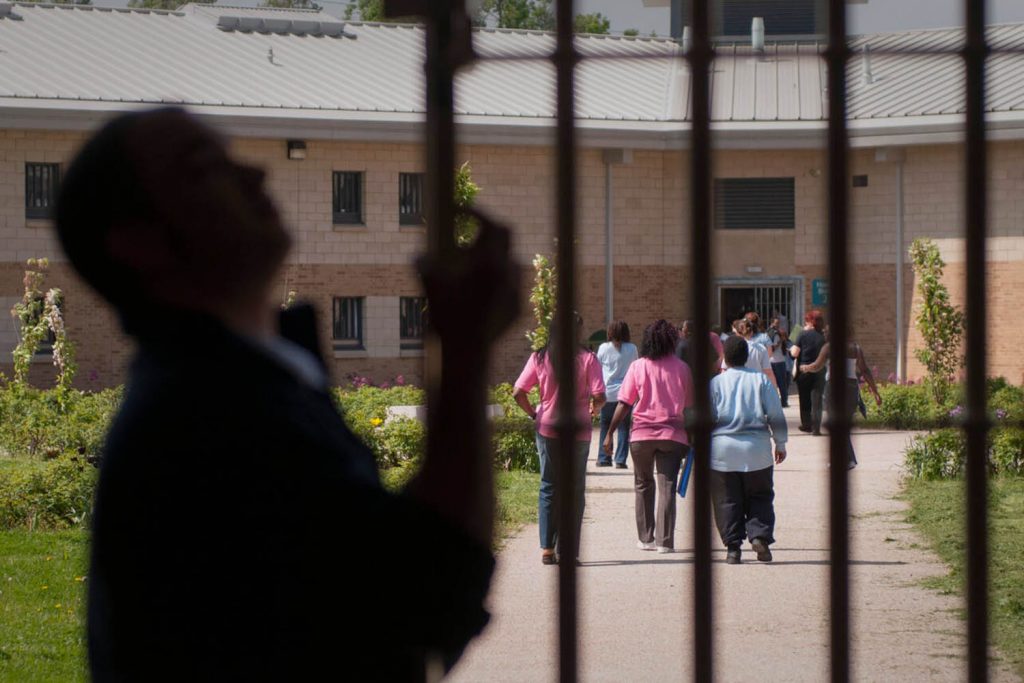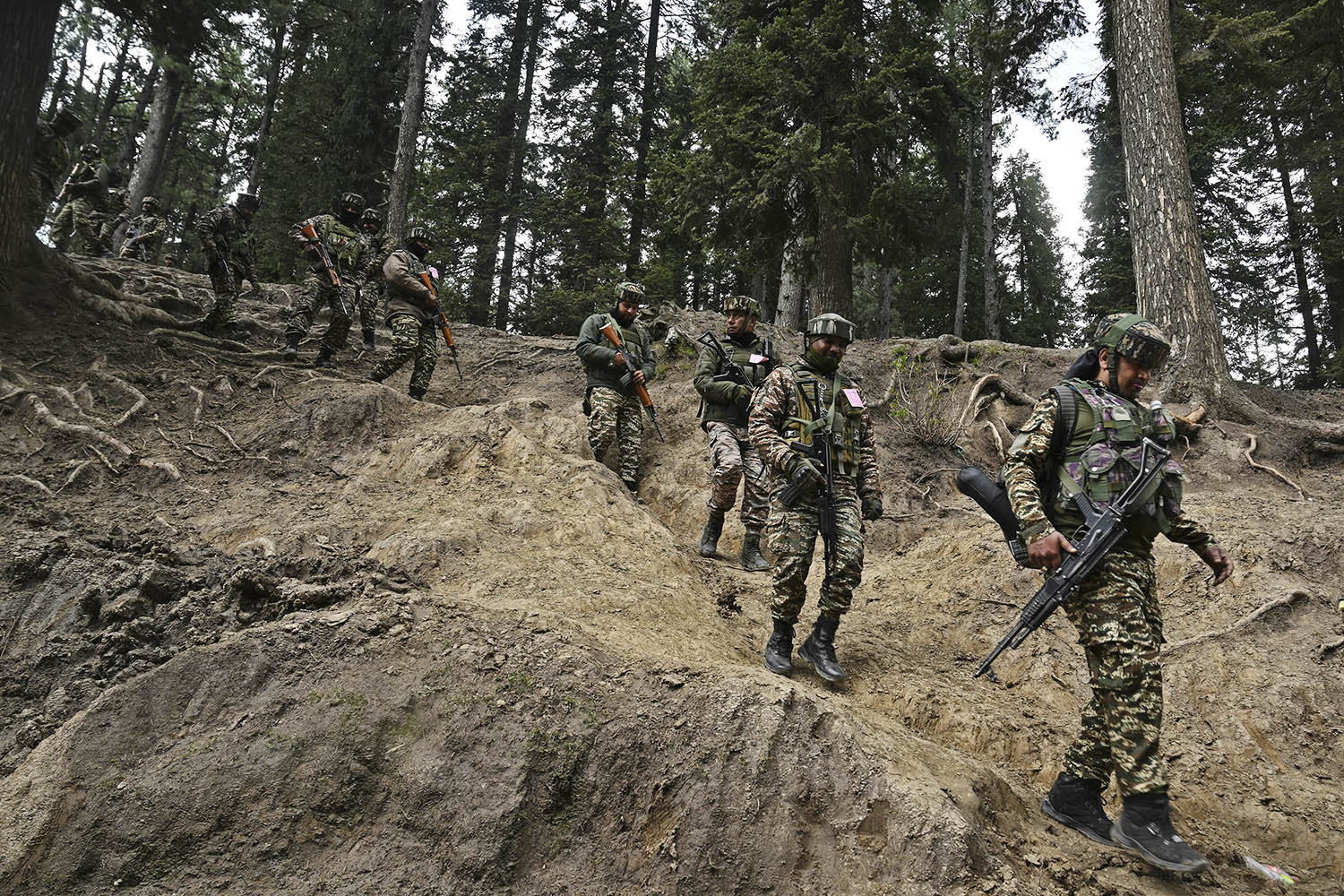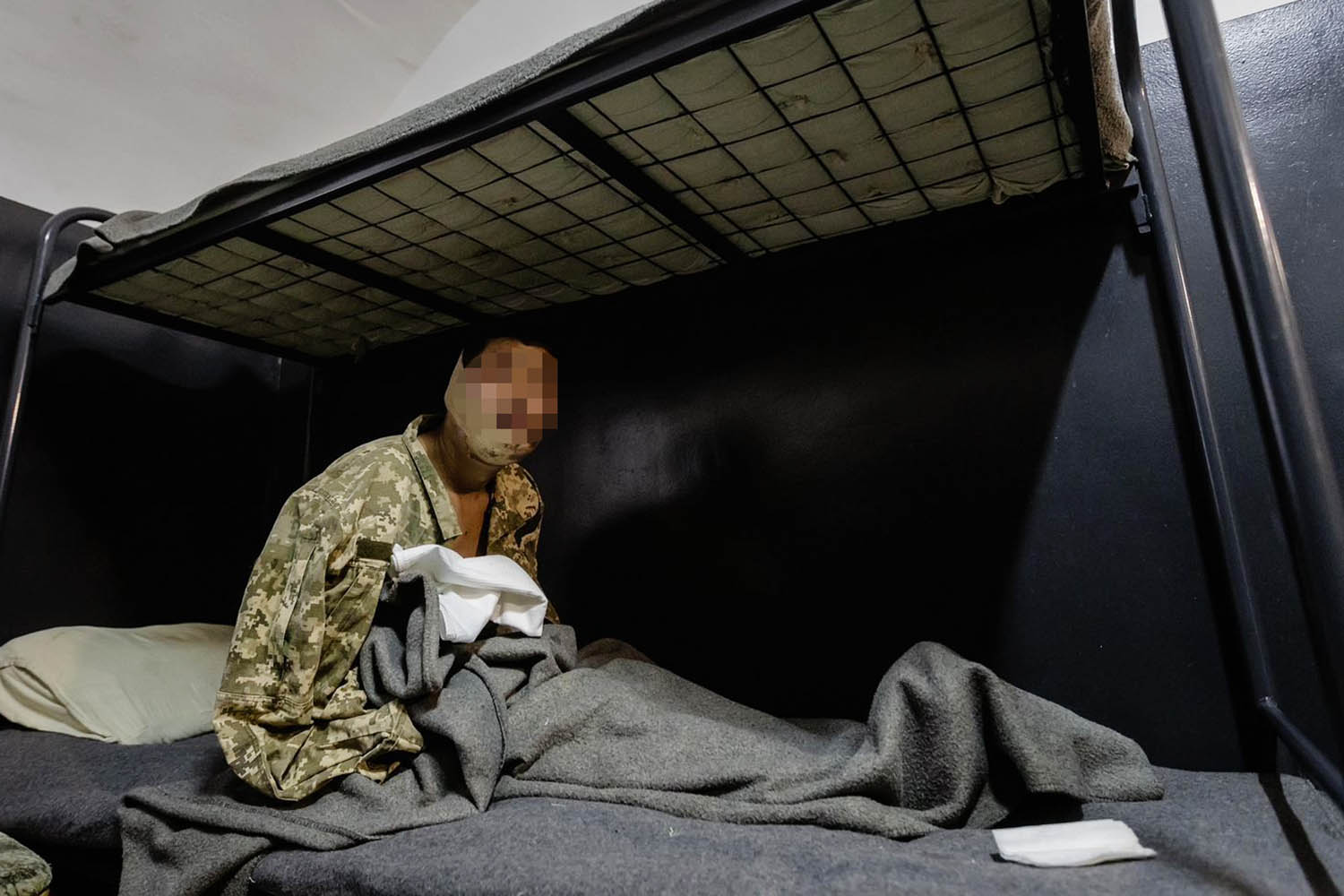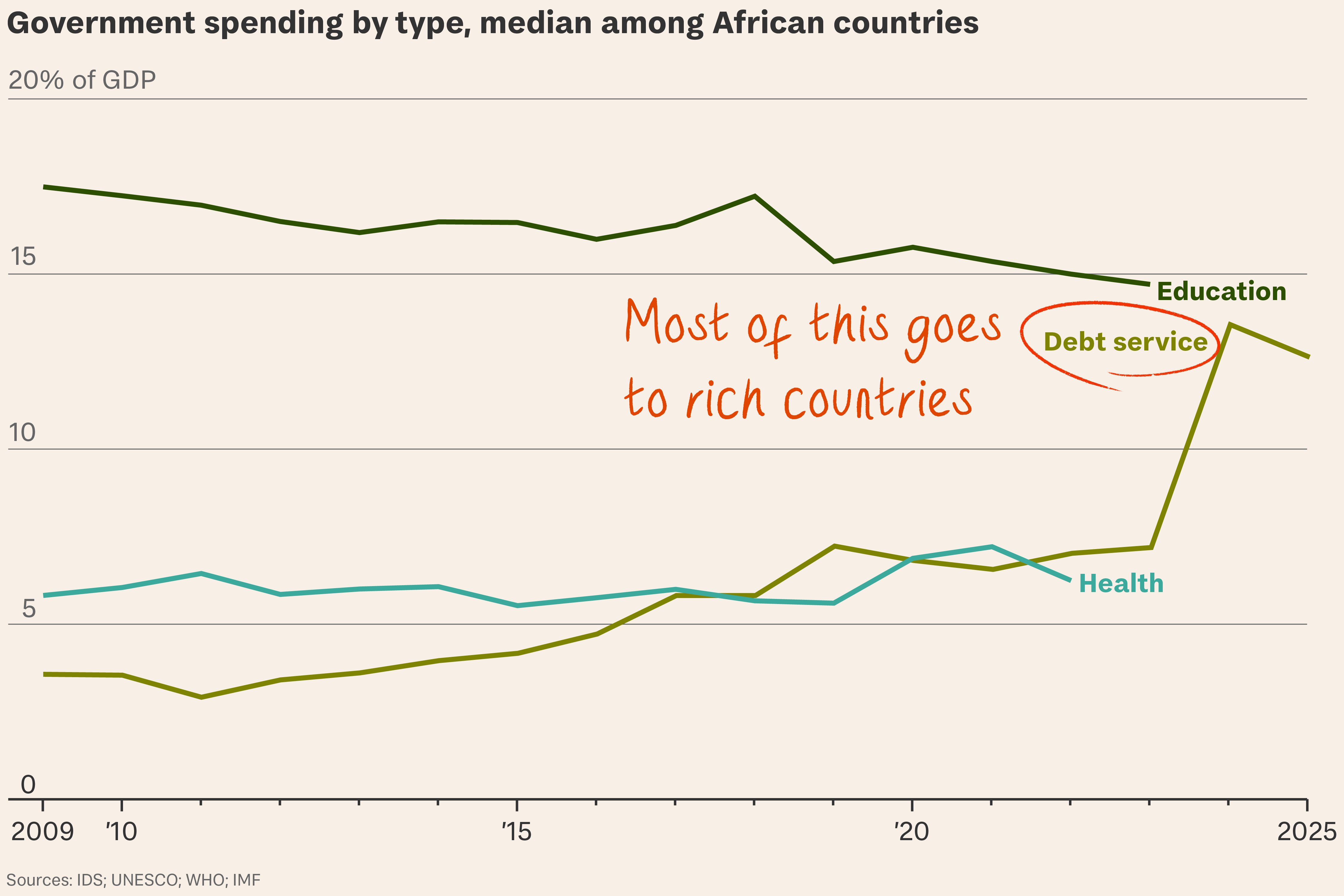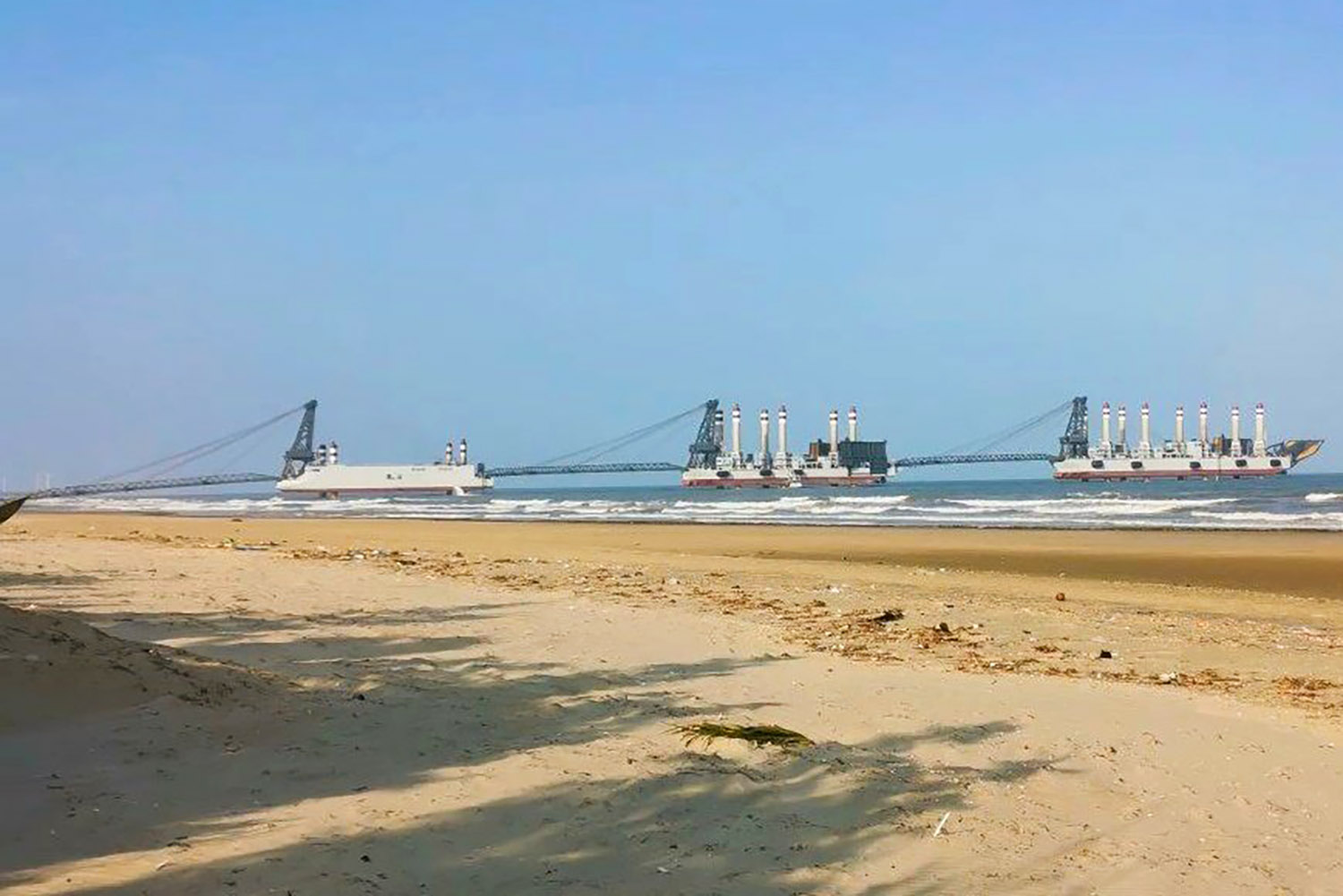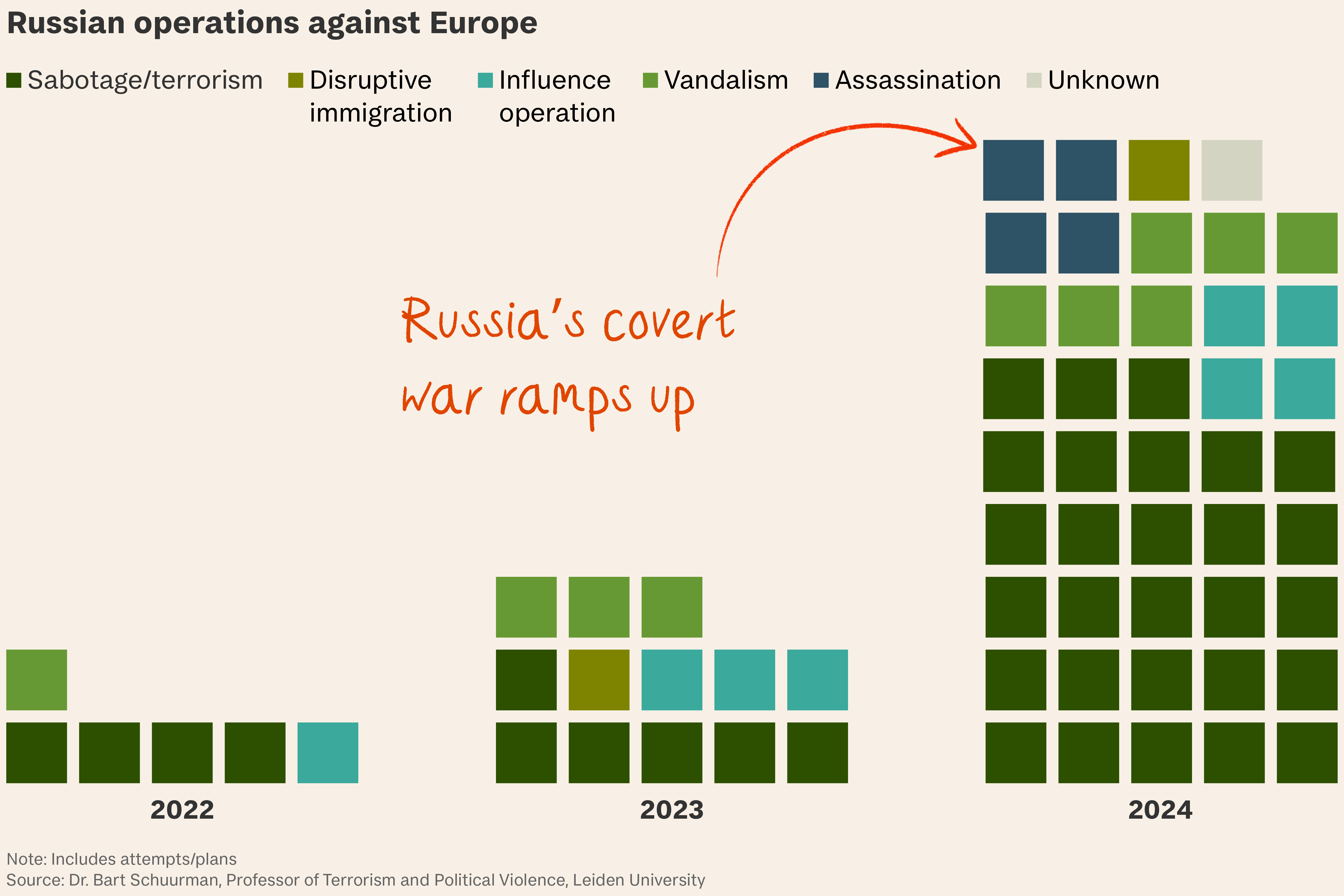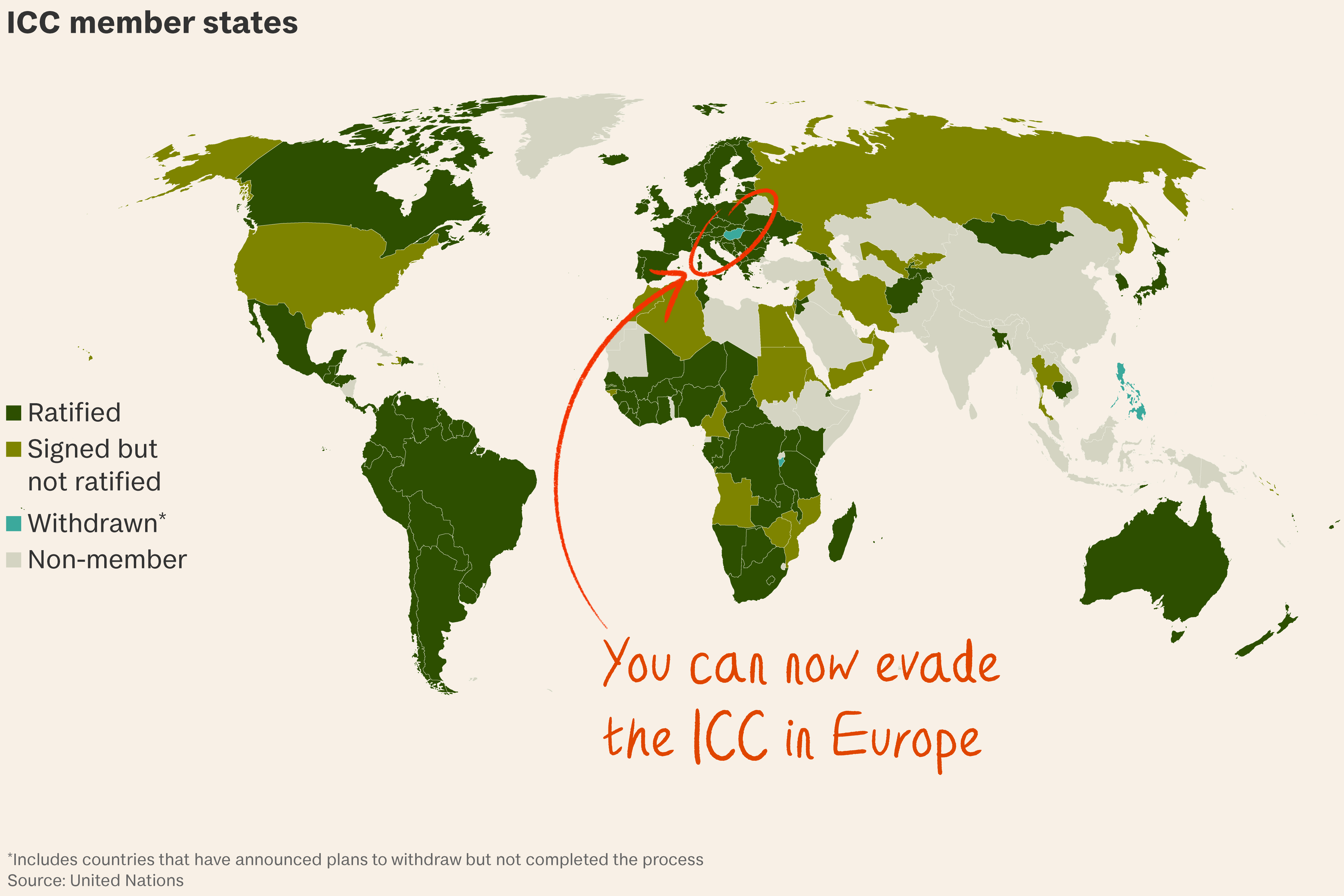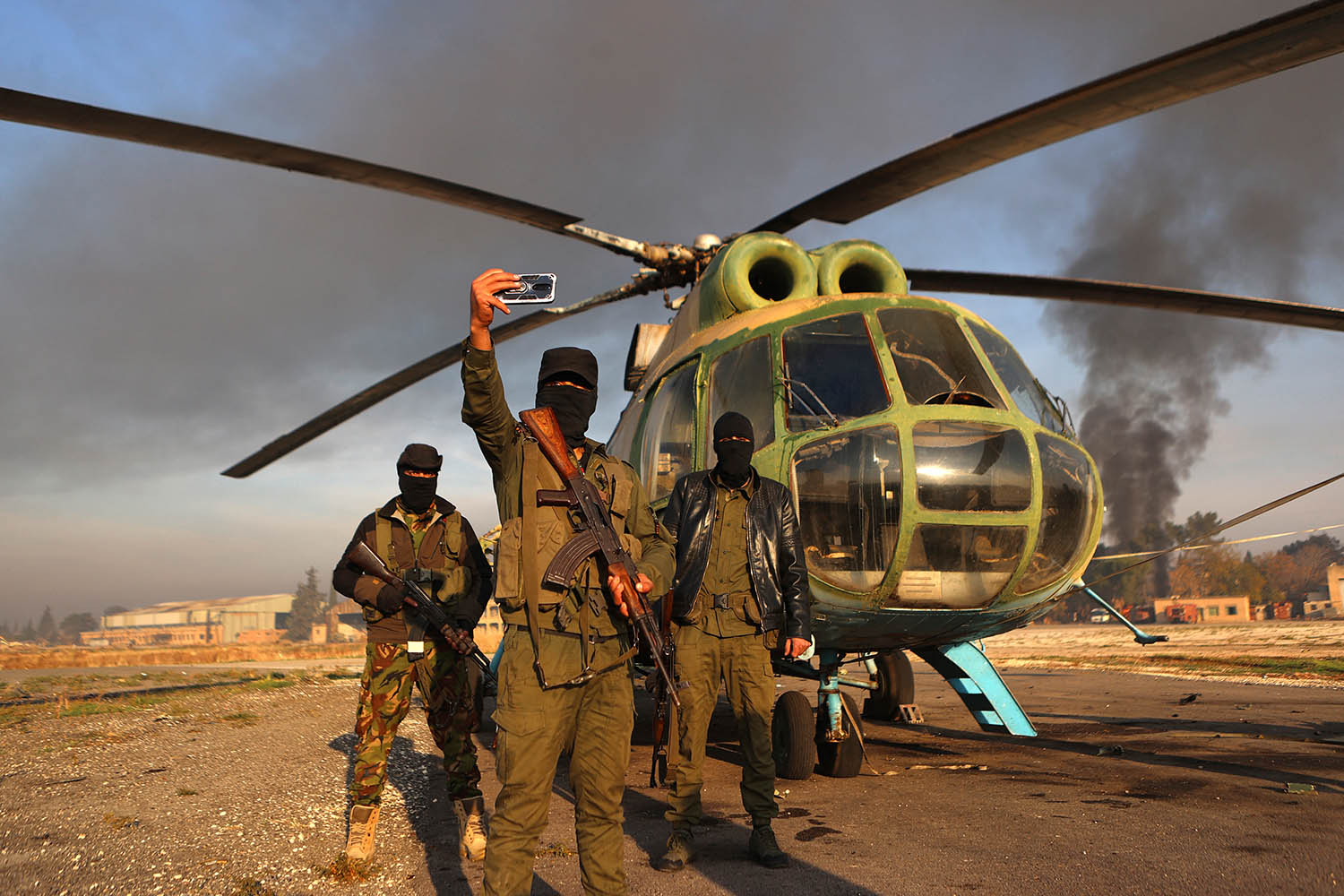
That doesn’t mean Assad will give up power. But he is acutely vulnerable
Syrian rebels’ surprise advance on Aleppo was so successful because, they say, President Assad’s forces just “melted away”.
So what? The Syrian army may regroup but so far there is little sign of that.
- That doesn’t mean Assad is about to relinquish power.
- It does mean he is acutely vulnerable without the backing of Iran and Russia.
Since 2020 most of the world has considered the Syrian war over or in abeyance. But the Middle East is so interconnected that the ripples spreading out from the Hamas attack on Israel on October 7th 2023 had to reach Syria eventually, and now they have.
Why now? While the world’s attention was focused on Gaza, the rebels saw an opportunity. Assad has held onto power only because of Russian air support and Iranian-backed militias including Hezbollah. But…
- Over the last year the Lebanese militia has been distracted by the war with Israel.
- It’s likely that rebel commanders believed the ceasefire with Israel meant Hezbollah might return to help Assad on the frontlines.
- A window of opportunity was therefore closing; the rebels attacked the day the ceasefire came into force.
Which rebels? The most powerful faction, Hay’at Tahrir al’Shams, is a coalition of jihadist groups led by Syrian-born Abu Mohammed Al Jolani. He fought coalition forces during the Western occupation of Iraq, returning to Syria in 2011 to join the effort to overthrow the Assad regime and replace it with a hardline Sharia state. Jolani’s jihadist faction in the Syrian civil war, Jahbat Al Nusra, pledged allegiance to Al Qaeda and quickly attracted fighters from around the world including from the UK.
Jihadist-light. In 2016 Jolani broke ties with Al Qaeda and merged with five more jihadist groups to form Ha’yat Tahrir al Shams. HTS now controls around four million people in Idlib province. It still cleaves to fundamentalist Salafi principles but has gone to great lengths to rebrand itself, in one expert’s phrase, as “jihadist-light”.
Unlike most jihadist leaders Jolani, now in his early 40s, is media friendly.
- He gives interviews in which he’s insisted on his respect for the sanctity of human life and the protection of minorities.
- HTS has a press office and a civilian government running a roster of ministries overseeing public services.
- That said, under HTS governance women’s rights have been severely restricted, and there are reports of journalists and pro-democracy activists being arrested and in some cases tortured.
The lesser of two evils. Even so, more Syrians have fled from Assad-controlled parts of the country to rebel-held areas than the other way around. Why?
- Assad’s forces and allies have been responsible for far more civilian killings than all the jihadist groups in Syria combined.
- There have been reports of mass graves on the outskirts of Damascus.
- And it’s estimated that at least 150,000 people are still being held and tortured in Assad’s prisons.
Russia in or out? Since the rebel offensive began last week there have been credible reports that Russian troops and diplomats have been fleeing Damascus. Even so…
- In public at least, Moscow insists it will continue to back Assad.
- In the last 24 hours Russian planes have launched a fresh wave of bombings on Idlib.
Facts on the ground. It won’t be easy for Assad to win back territory. HTS has used the last four years to develop its armed forces, opening a military academy and equipping itself with armed drones which it has been using to take out senior Syrian commanders.
Threats in the air. In the past when Assad has been squeezed militarily he has resorted to chemical weapons, killing hundreds of civilians. Analysts don’t rule out more of the same – chemical weapons drive out people without destroying infrastructure. But a return to such tactics would reignite the anger of Arab populations around the world and make it difficult for governments to do business with him
What’s more… Assad has had some success persuading neighbouring states including Saudi Arabia that he has won the war and should no longer be treated as a pariah. He won’t want to be sent back into the cold.


